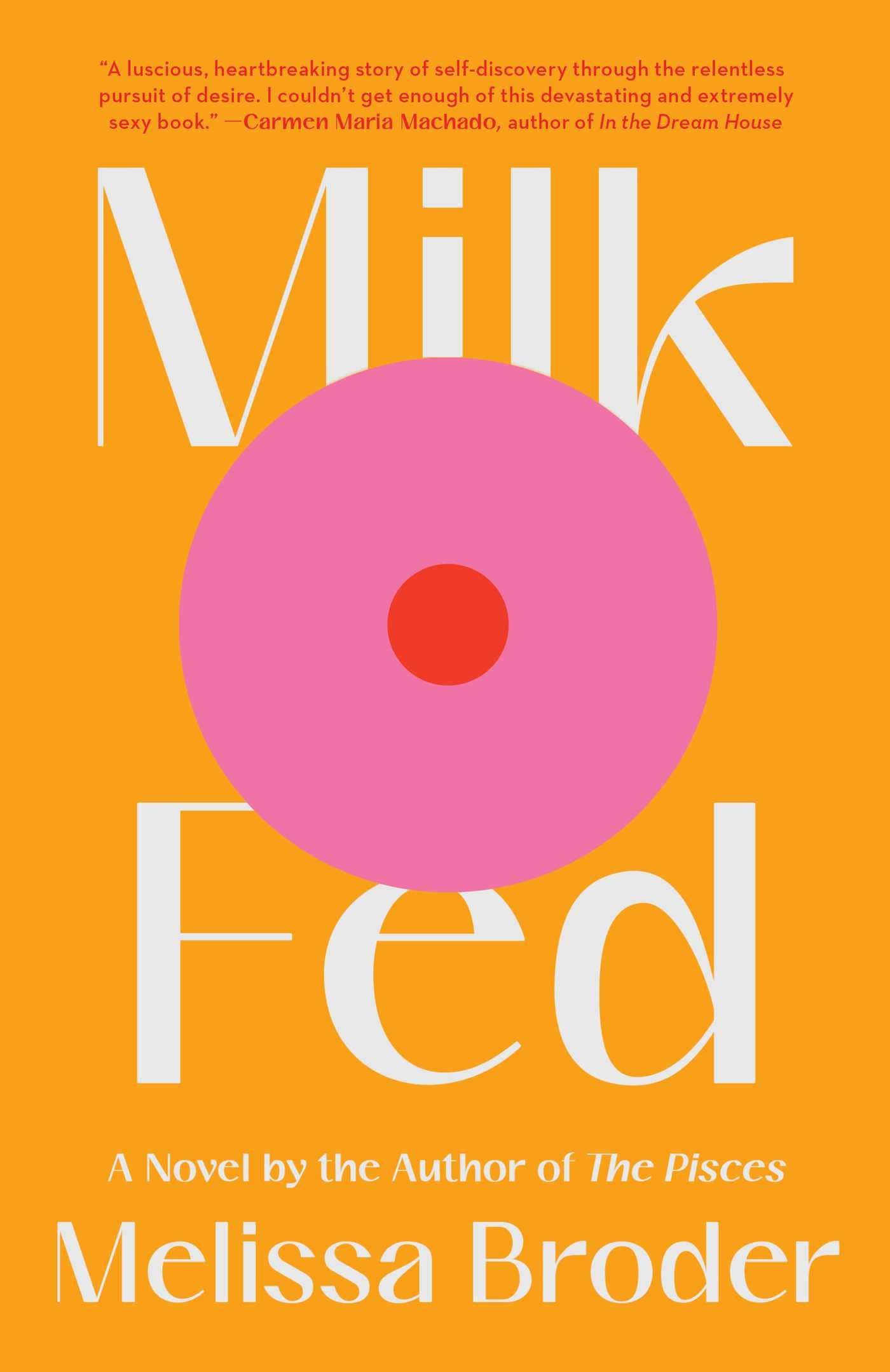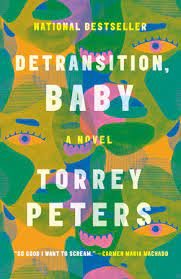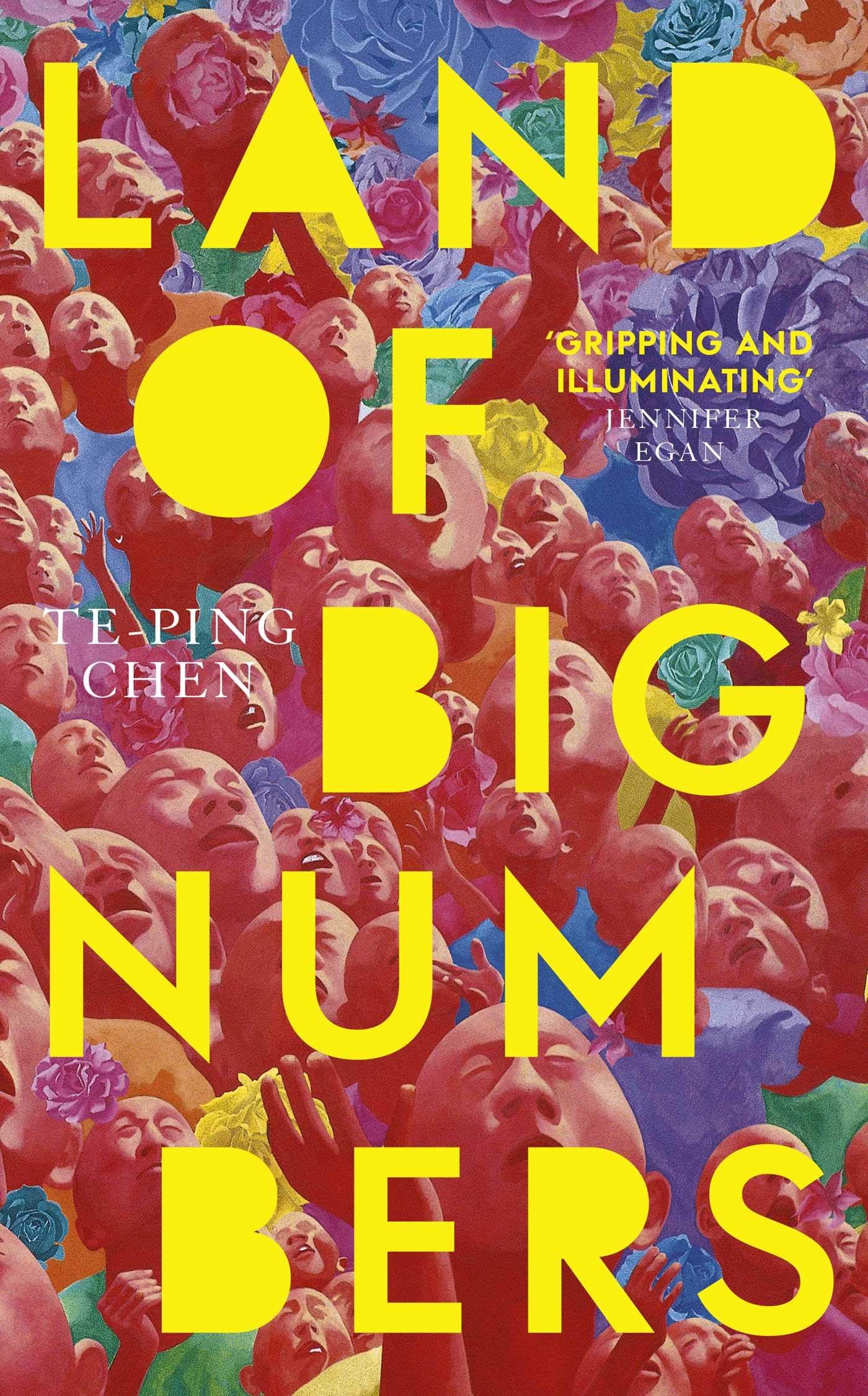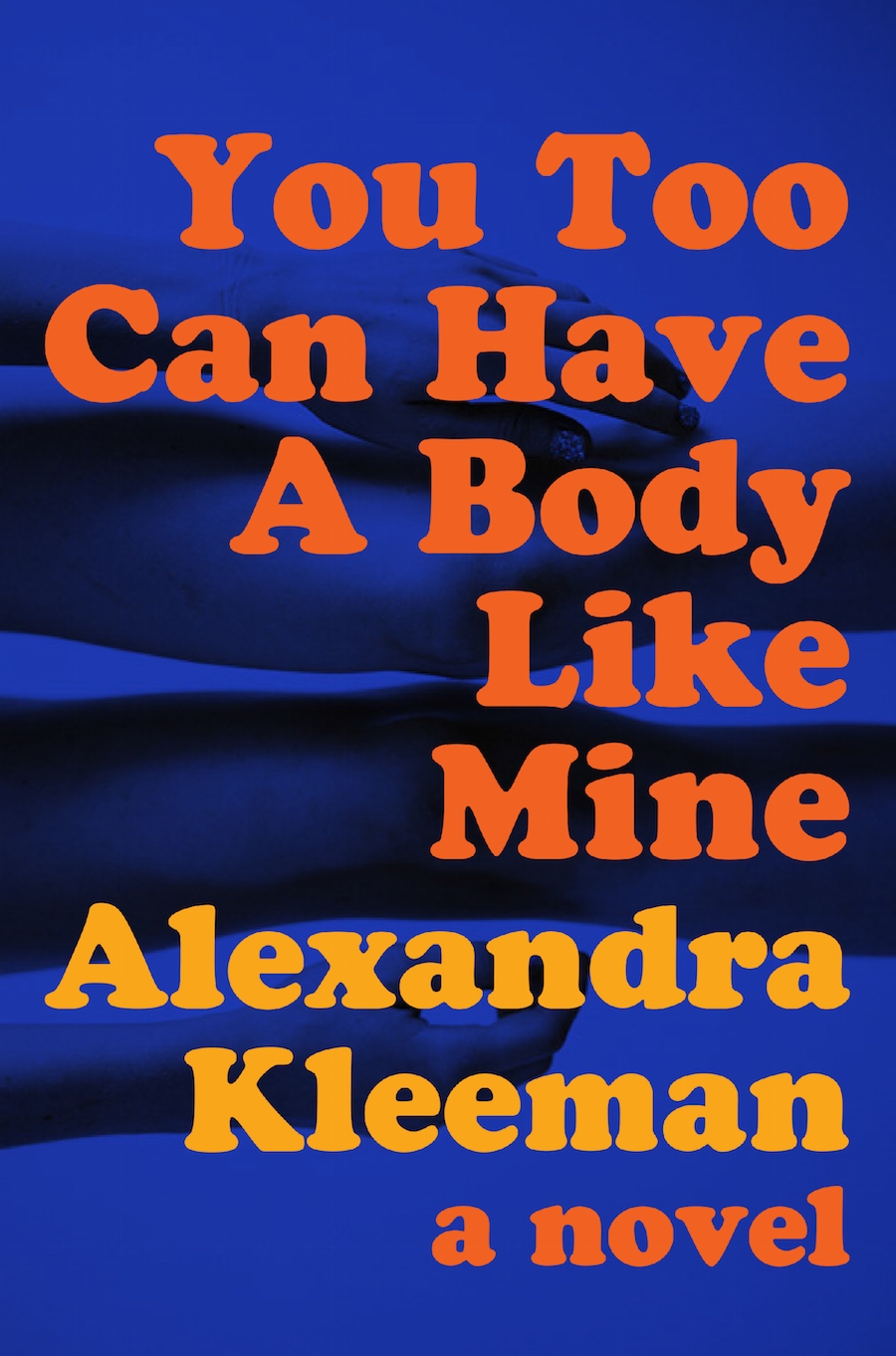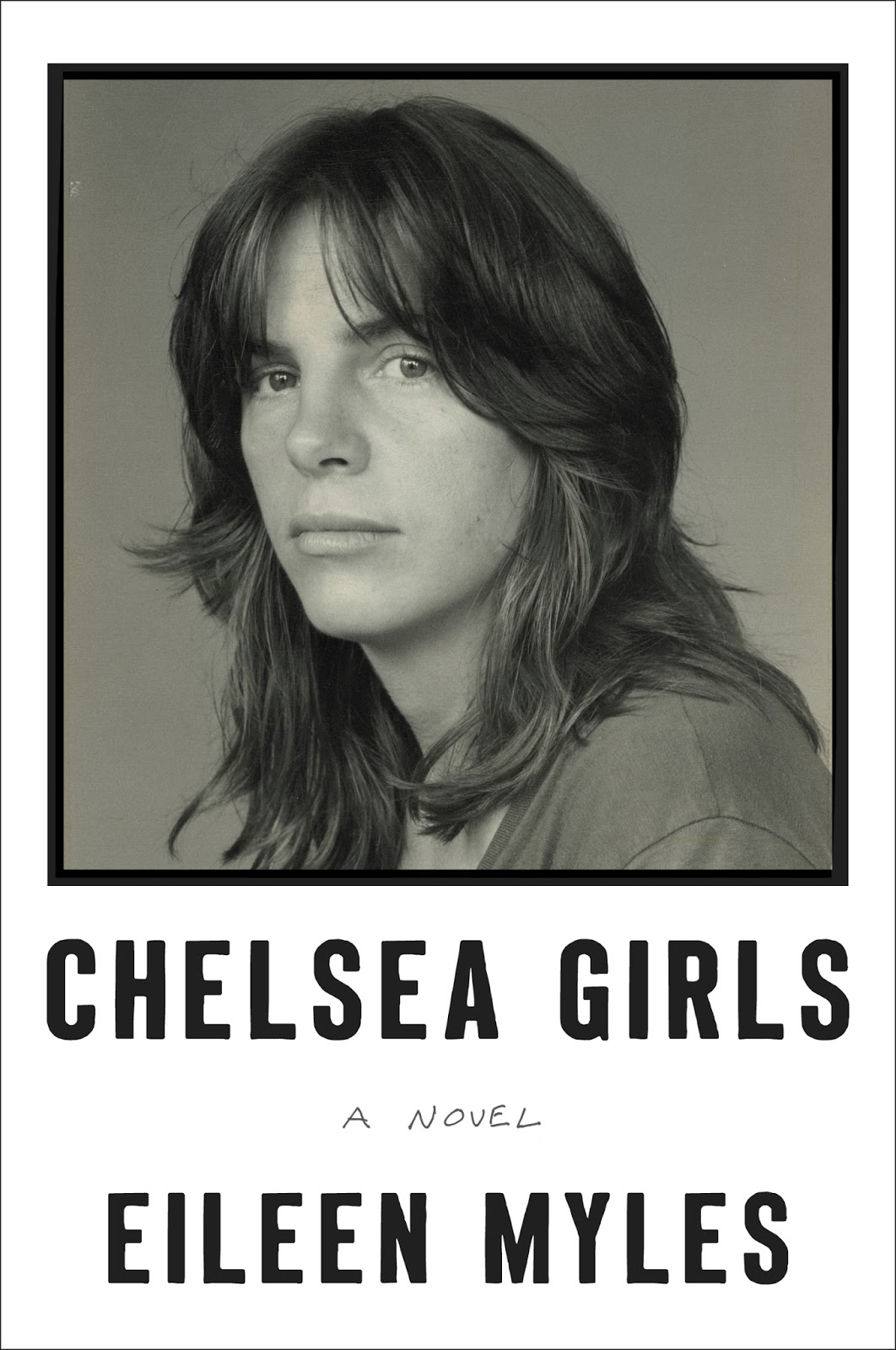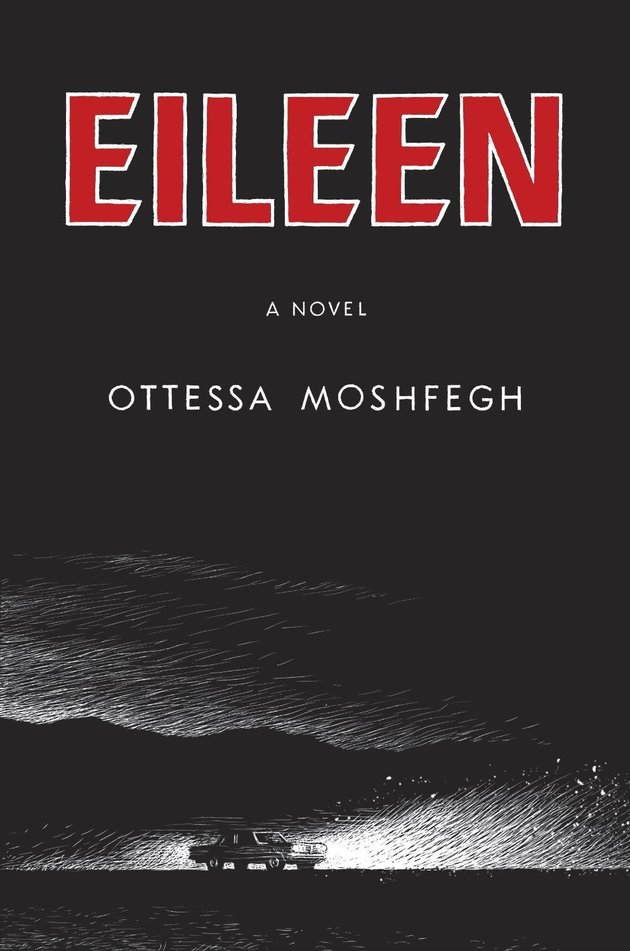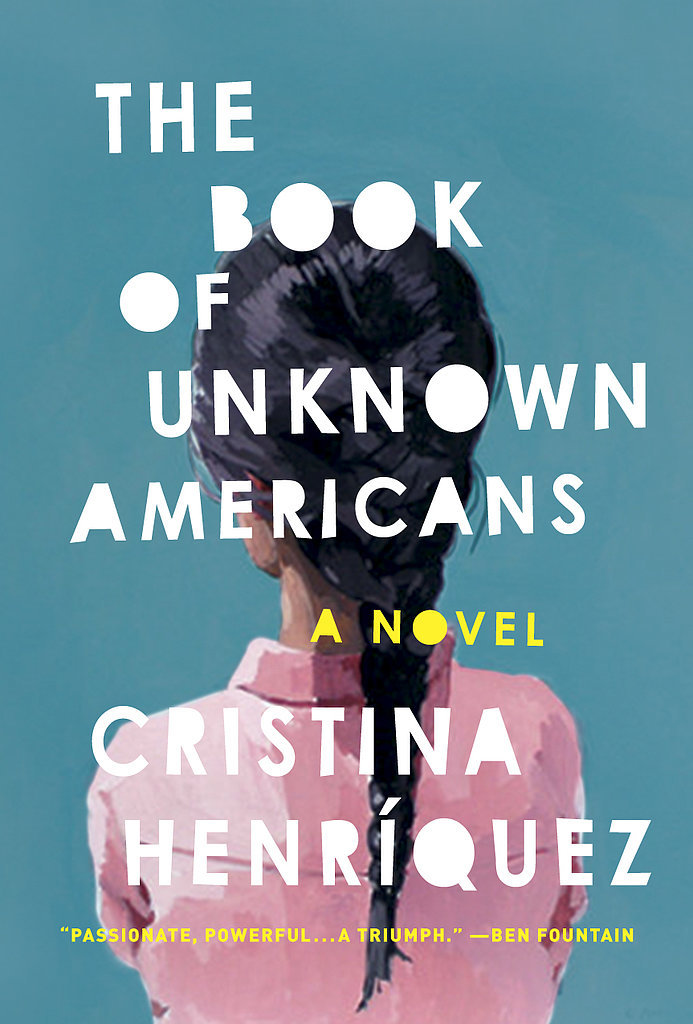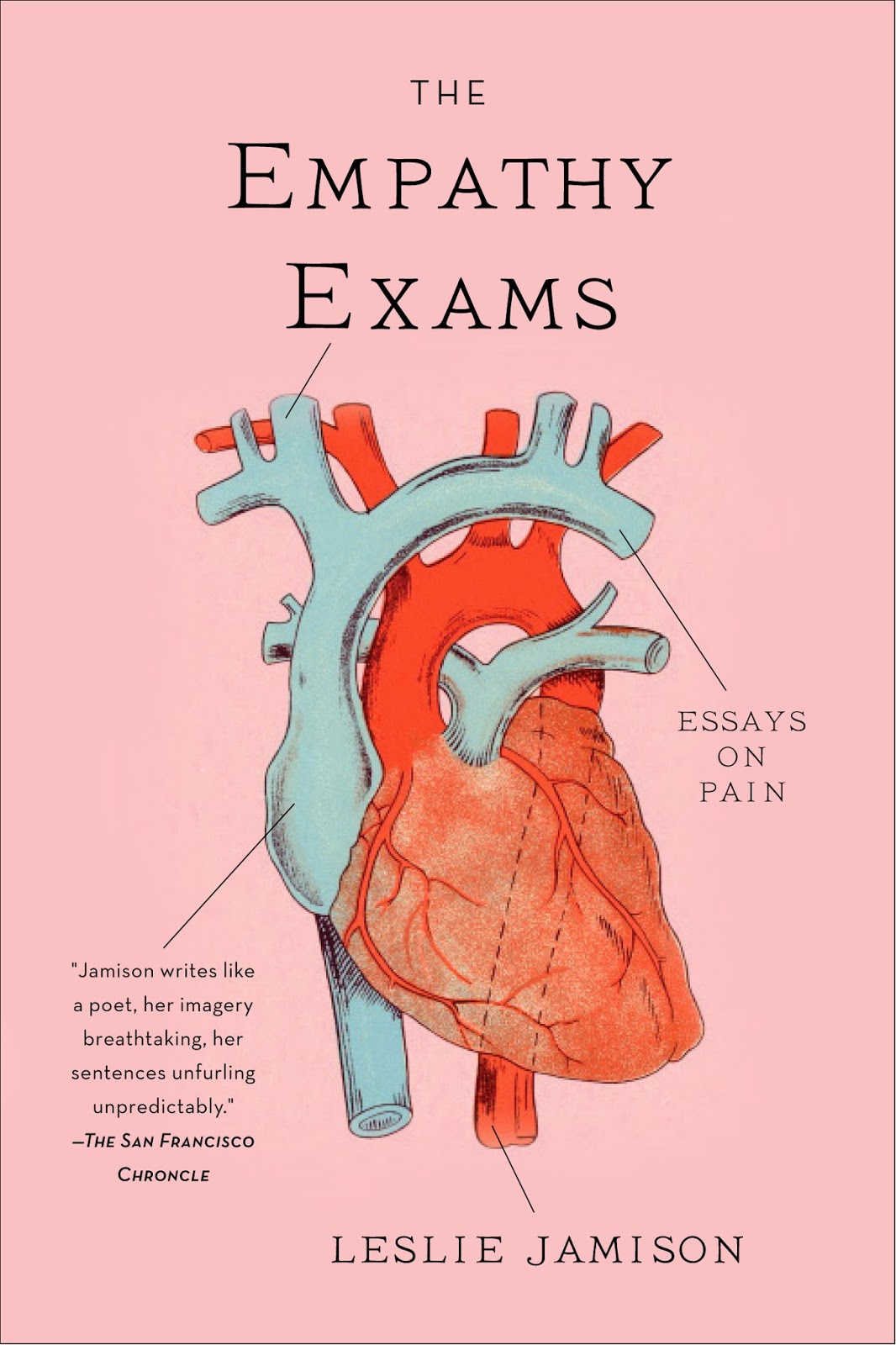I read something in The New Yorker that referred to 2021 as a year that “feels as though it does and does not exist.” This was a time caught in the middle. It was a year the most hopeful among us (at one point, at least) thought might spell a moment between COVID and after COVID. Instead, it became a kind of lived fugue state that was a little bit before, during, and after all at once. Time felt murky, and slippery, and alternately long and short. Sometimes I read in furious spurts, downing a few books in a week. Other times, I barely read at all for weeks on end. I feel fine about that. If you found yourself in similar straits during this supremely weird time, I hope you do, too.
As usual, this list is in no particular order, and it’s not meant to be a catalog of everything I read and loved. Because, after all, I’m a mere mortal who forgets things, and one who forgot things a lot more in this last blurry year. It’s just my best attempt to sum up my year in reading in a way that might be handy or exciting to someone else. And to remind me that, no matter what happens, words will persist.
NOVELS AND NONFICTION:
Detransition, Baby by Torrey Peters: This novel knocked me off my feet in every way. It’s a portrait of the knotty relationship between three people — a cisgender woman, transgender woman, and man who de-transitioned after living as a woman — and what happens when one of them floats the idea that they raise a child together. Peters is a deft writer with a special gift for dialogue: her characters’ words are the kind that seem just slightly heightened and a tad smarter than anything you might actually hear in conversation, but also somehow perfectly realistic and revealing.
Nightbitch by Rachel Yoder: Rachel Yoder’s novel about motherhood, art, and the animal at the heart of us all makes me want to borrow the word “rollicking” from old movie reviews. It was just that fun and visceral and sharp. As a young mother struggles to raise her toddler, she finds herself drawn back to the art career she left behind . . . and drawn into a new and strange kind of metamorphosis.
Somebody’s Daughter by Ashley C. Ford: Ashley C. Ford’s memoir might surprise you if you’ve just read short blurbs about it on the internet. Yes, it’s the story of her father’s incarceration and the indelible impact it made on her childhood. But it’s also a story of triumph and first love and abuse and victory and grief. And when it’s earned praise from everyone from Oprah to Brene Brown, who really needs to hear any more from me about it?
The Copenhagen Trilogy by Tove Ditlevsen: Before Tove Ditlevsen’s literary memoir, I don’t think I had read a book that so expertly captured what it feels like to be a child. Or maybe just so expertly captures what it feels like to be an adult remembering what it feels like to be a child. The story of her life is is told in three sections: Childhood, Youth and Dependency. (I assumed the last section would be about old age, but instead, it is about her drug use and abusive marriage.) Her unsparing eye and spare sentences offered a portrait of life as a woman who defied convention as boldly as she did in her time.
Fierce Poise: Helen Frankenthaler and 1950s New York by Alexander Nemerov: This biography of painter Helen Frankenthaler captured my imagination from the first page. Nemerov's portrait makes you feel as though you’re right in the mix in the art scene of 1950s New York, with all its petty dramas and outsized personalities and grandiose talents. It’s a scene from which women’s contributions still haven’t been properly lauded and documented — but this book makes an excellent contribution to fixing that.
Klara and the Sun by Kazuo Ishiguro: I love authors who wear their fascinations on their sleeve, and Ishiguro is certainly one of them. In this tale of a girl and her robot, he mines the same deep questions of what makes us human — or not — that he does in so much of his work, with his singular emotional clarity. A heartache of a novel I will absolutely subject myself to again.
LaserWriter II by Tamara Shopsin: This brief book, which takes place in an Apple repair store in 1990s New York, surprised the hell out of me. It has the humor and familiarity of a sitcom in syndication and the sort of observational power of a great graphic novel — which makes perfect sense, since Shopsin is also an illustrator.
Girlhood by Melissa Febos: I reviewed Girlhood for POPSUGAR this year and I couldn’t get it out of my head for months. Febos is easily one of the most masterful essay writers of our generation, and in this book, she captures the nauseating, euphoric thrill ride that is existing in that liminal space between girl and woman.
Milk Fed by Melissa Broder: How I love, love, love this book. A Hollywood talent agency assistant who has bad relationships with both food and her mother takes a turn toward indulgence — in both love and frozen yogurt — in this sensory Tilt-a-Whirl of a novel.
Caul Baby by Morgan Jerkins: I’ve long admired Morgan Jerkins’ culture writing, and her first novel draws on her unique talent to pull together seemingly disparate threads into satisfying narratives that make you say “Oooh, now I get it.” Her book about a family’s long tradition of selling their caul — a magical, protective layer of skin they’re born with — largely takes place in their matriarch’s decaying old brownstone. Jerkins weaves together themes from gentrification to motherhood and finds all the places they might intersect in this compelling story. This novel stunned and surprised me each time Jerkins led me around another of the brownstone’s corners.
ARTICLES AND ESSAYS:
"Writing an Ordinary Existence" by Kyle Lucia Wu: Catapult publishes such great writing, and this essay by Kyle Lucia Wu was one that I couldn’t forget as I came to this list. In it, she ponders what it means to live and write about life and identity…and where our life stories can be found, in the incredible, the ordinary, and all the hard spaces in between.
"Why isn’t she texting me back? The pandemic has us doubting our friendships." by Caroline Kitchener: Before you ask, this wasn’t that one story that claimed something like one in four of the people you think are your friends actually like you. This story recognized a fear that many of us who rely on our intimate friendships felt during the pandemic: the fear that those friendships were falling away, that we were navigating the social dynamics of this uncertain time incorrectly, that we were doing too much or too little to sustain those bonds. Coining the term “friendship doubt,” my hunch is that Caroline Kitchener inadvertently rekindled plenty of dormant group chats, putting a name to something so many of us felt but hadn’t shared.
“How Nothingness Became Everything We Wanted” by Kyle Chayka: Kyle Chayka also wrote that great New Yorker piece I referenced in the intro to this list, and as further evidence of his genius, I present this essay. In a world that offers us stimulation, excess and access at every waking moment (and even our un-waking ones), he asks, is it any wonder we’re craving absence?
The Creative Independent interview with Ross Gay: We are just so lucky to have Ross Gay in this world. In this charming interview with The Creative Independent (which has easily become one of my favorite newsletters in a writing ecosphere full of newsletters) we get a close look at his creative process and general views on being alive. My favorite part was his delineation between a “task” and a “pursuit” — and how he tries to focus on the latter in his work. Something I want to bring forward in my own life.
"Old Women" by Jillian Steinhauer: As Jillian Steinhauer writes in the provocative first sentence of this essay: “The best way to succeed as a woman artist is to be old.” Her essay critiques our tokenization of aging women artists as curiosities—especially aging women of color—and the limited worldview that still makes the art world go ‘round. How can we trust an art establishment with such a failing of imagination, she asks? And she makes you ask it, too.
SHORT STORIES:
“Human Development” by Anthony Veasna So: My book club’s last read of the year was Anthony Veasna So’s posthumous Afterparties, a collection of wry coming-of-age stories and the Cambodian diaspora. I loved the entire book, but I was struck by the one story that wasn’t previously published: “Human Development.” It’s a complicated piece about a relationship between two men, one older and more successful, one younger and a little messier. But it’s really about the intersection of identity and technology, the ways we disappoint each other, and what we owe — or don’t owe — to anyone else.
Land of Big Numbers by Te-Ping Chen: I was overjoyed to see this book land a spot on Barack Obama’s annual list of favorite reads. Te-Ping Chen’s debut short story collection masterfully blends magical realism with the mundane, the personal and the political, in a series of vignettes about live in modern-day China.
POEMS:
“Alive at the End of the World” by Saeed Jones: As I revisited Saeed Jones’s poem while making this list — a poem which he published just earlier this month — I was struck by my momentary inability to recall which school shooting it followed. The discomfort and guilt I felt at being unable to distinguish the particulars was upsetting, but it also seems a uniquely American response he speaks to with this piece, which recognizes the blurry pervasiveness of gun violence in the United States: “The end of the world / was mistaken for just another midday massacre / in America.”
“Vaccinated” by Jericho Brown: Jericho Brown is one of our greatest living poets, and this will remind you why. As he writes about attending a drag show, during what I interpreted as one of those confusing "are we OK to go out?” pandemic moments, he pulls back layers to reflect on more than one kind of sickness.
“A True Account of Talking to the Moon at Fire Island,” by Alex Dimitrov: I absolutely loved Alex Dimitrov’s third poetry collection, Love and Other Poems, but I have a special affection for this weird and tender piece in particular. I have never laughed so hard, so loudly, while reading a poem that then brought me to grateful tears by the end. Goddamn this guy. He gets me every time.
